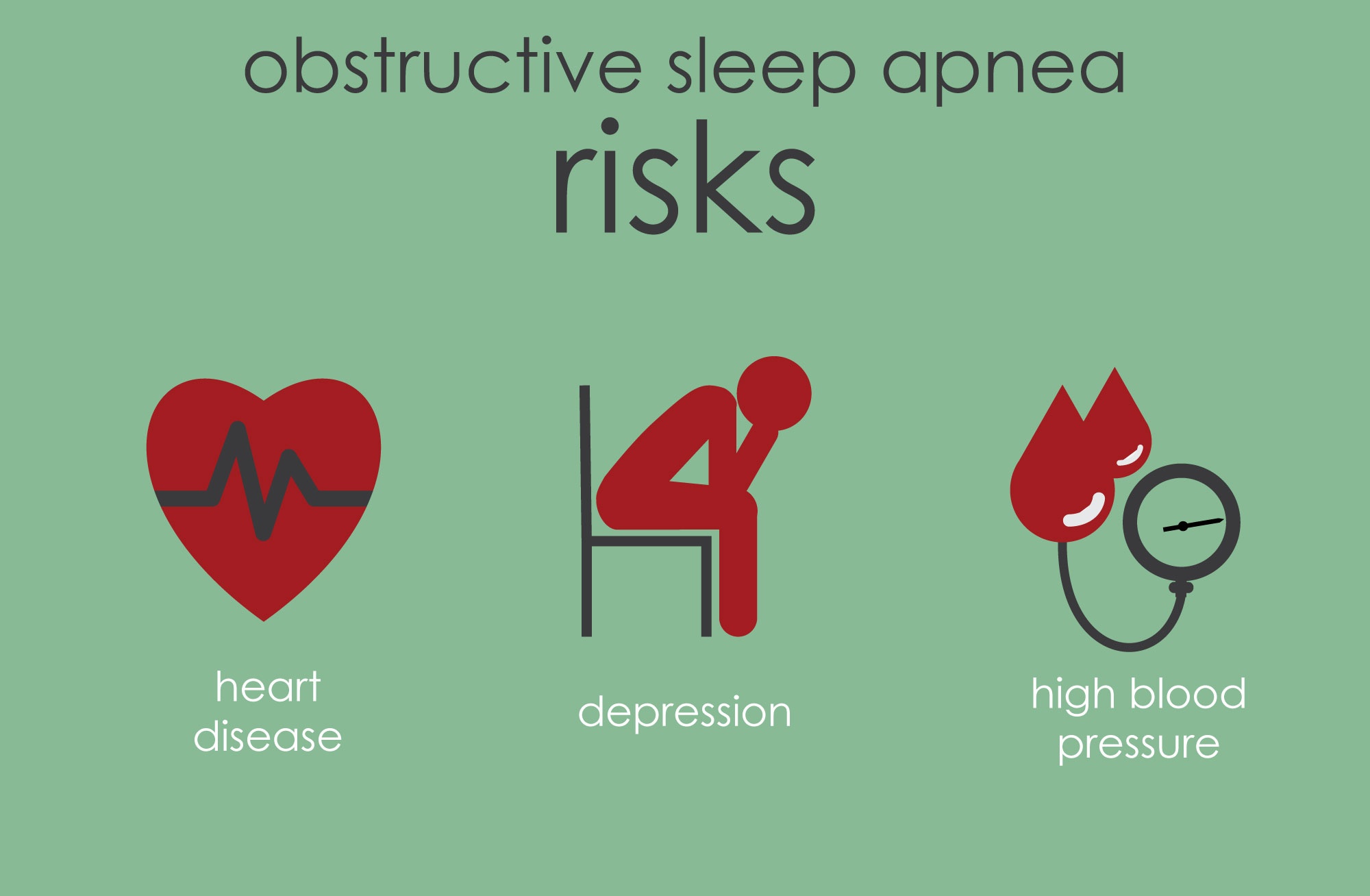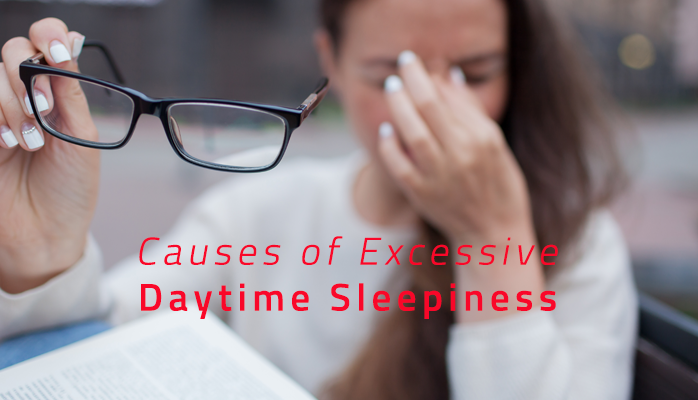Signs of Sleep Deprivation
Experiencing extreme tiredness during the day is a clear indication that you are lacking sufficient sleep. It is widely recommended that adults aim for at least 7 hours of sleep per night, as numerous studies have confirmed its importance. When you consistently fall short of this sleep goal, you enter a state of sleep deprivation.
Probably the biggest sign of sleep deprivation is excessive daytime sleepiness. Other common signs of sleep deprivation include:
- General, abnormal irritability and/or short temper
- Reduced ability to manage stress
- Onset/aggravated anxiety and depression
- Impaired cognitive ability – like chronic brain fog
- Impaired memory
Living with sleep deprivation is often compared to being intoxicated, as both intoxicated and sleep deprived individuals perform similarly on cognitive tests.
Sleep Deprivation vs Sleep Attacks
Sleep deprivation is simply not getting enough sleep, leading to symptoms described above. Sleep deprivation is not the same as sleep attacks.
A sleep attack is a sudden onset of extreme sleepiness. Sleep attacks can occur at any time during the day, whether you are in a meeting, driving, or eating lunch.
Sleep attacks feel similar to “hitting your wall” at night, except it will happen during the daytime for no reason. Sleep attacks can be more mild and just a sudden onset of sleepiness. They can also be severe enough so staying awake is extremely difficult, causing the victim to immediately seek someplace to rest (or in rarer cases, suddenly fall asleep). In this way, sleep attacks are different than sleep deprivation, though they can be a sign of sleep deprivation.
Obstructive Sleep Apnea as Cause of Excessive Sleepiness
Obstructive sleep apnea (OSA) is a medical condition and sleeping disorder that causes you to stop breathing for about 20 seconds many times throughout the night. Every time you stop breathing your body has to rouse you to wakefulness to force you to start breathing again.
Each stop-start breathing cycles is called an apnea event, and in people with OSA they happen 40-240+ times per night - preventing restful sleep and causing sleep deprivation.
The telltale symptoms of obstructive sleep apnea are [WebMD]:
- You repeatedly stop breathing throughout night, and rouse waking/gasping
- You suffer from loud, chronic snoring
- You wake up exhausted in the morning
- Excessive daytime sleepiness
There are a number of other common symptoms, but the above symptoms should be enough to have to reach out to a sleep specialist or your doctor.

OSA is a serious medical condition and requires intervention
Insomnia as Cause of Excessive Sleepiness
Insomnia can cause extreme and excessive daytime sleepiness, but may also make you unable to actually sleep. Insomnia is a sleep disorder that causes you to:
- Have a lot of trouble falling asleep
- Having a lot of trouble staying asleep for more than short periods of time
- Have trouble sleeping in to a “normal” hour
Insomnia not only causes sleep deprivation that can in turn cause excessive daytime sleepiness, but it’s frustrating.
Insomnia may have no clear underlying cause, though several causes do seem to be thematic in people who deal with insomnia. Stress is one very common cause, for example:
- Loss of parent, spouse, or child
- Divorce
- Stressful job
- PTSD
- Chronic financial stress
Pain is also a common cause of insomnia - just consider the following statistics about pain and sleep [2015 Sleep in AmericaTM Poll]:
- People with chronic pain had an average nightly sleep debt of 42 minutes (i.e. getting 42 minutes less sleep than they should)
- People with acute pain in the last week had an average sleep debt of 14 minutes
- 37% of people with chronic pain in the last week reported good or very good sleep quality, versus 65% who didn’t have pain
- 23% of people with chronic pain reported being diagnosed with a sleep disorder by a doctor, compared to just 6% of pain free people. It’s quite a sobering statistic
As we age, our bodies undergo natural biological changes that can contribute to insomnia and an increased feeling of sleepiness during the day. These changes often alter our sleep patterns, resulting in less restful sleep at night and a greater sense of fatigue throughout the day.
Narcolepsy as Cause of Excessive Sleepiness
Narcolepsy is a sleeping disorder that causes frequent and sometimes uncontrollable desire for sleep – aka sleep attacks. These sleep attacks can feel like excessive daytime sleepiness. They can also cause someone struggling with narcolepsy to have irregular sleep patterns that lead to sleep deprivation and chronic daytime sleepiness. For example, someone suffering from narcolepsy may end up sleeping several times during the day and then having trouble sleeping at night.
Hallmark symptoms of narcolepsy are:
- Cataplexy
- Sleep attacks
- Daytime sleepiness
- Sleep paralysis
Shift Work Sleep Disorder
Do you work hours outside of the typical” 8-5 work hours? Or do you work many days on and then many days off? If so, then you are like millions of Americans who are considered shift workers.
Alaska in particular has many shift workers because of our infrastructure (aviation, oil and gas, fishing) and long summers/short winters.
Common types of shift work occupations in Alaska include:
- Pilots
- Construction workers
- Workers on the Slope
- Police workers
- Doctors and nurses
- Firefighters
- Taxi/Lyft/Uber drivers
- Customer service
- Retail
While these provide steady jobs for Alaskans, they can also lead something called shift work sleeping disorder which is where you develop irregular sleep patterns and sleep deprivation due to your shift work. One of the primary symptoms is being excessively tired during the day because of working irregular hours.
Non-Sleep Disorder Causes
There are various medical conditions that can disrupt your sleep and lead to less restful nights. Conditions such as PTSD, ADHD, depression, allergies, arthritis, and fibromyalgia can all affect your ability to achieve a good night's sleep. Additionally, medications used to treat these conditions may also contribute to sleep problems. It's important to note that there are other diseases that can impact sleep depending on how symptoms present in your body.
In addition to medical conditions, certain lifestyle choices can also hinder your chances of getting a full night's rest. Drinking excessive amounts of coffee throughout the day, consuming coffee late in the day, and drinking alcohol before bed can all interfere with your sleep. Using electronics and screens before bed, as well as sacrificing sleep for activities like playing video games or partying, can also disrupt your sleep patterns. Furthermore, keeping a loud, messy, or brightly lit room, and neglecting the quality of your sheets, pillows, and mattress can all contribute to a lack of quality sleep.
It's important to be aware of these factors and make necessary adjustments to ensure you are getting the sleep your body needs.
Here in Alaska, our lifestyle choices have to be particularly geared for sleep because the extreme lighting conditions in the summer and winter can greatly affect our ability to sleep well. If you or someone you love has difficulty getting a good night's rest or feeling rested, please click the orange button below to take a free online sleep test and talk with one of our sleep health professionals.


